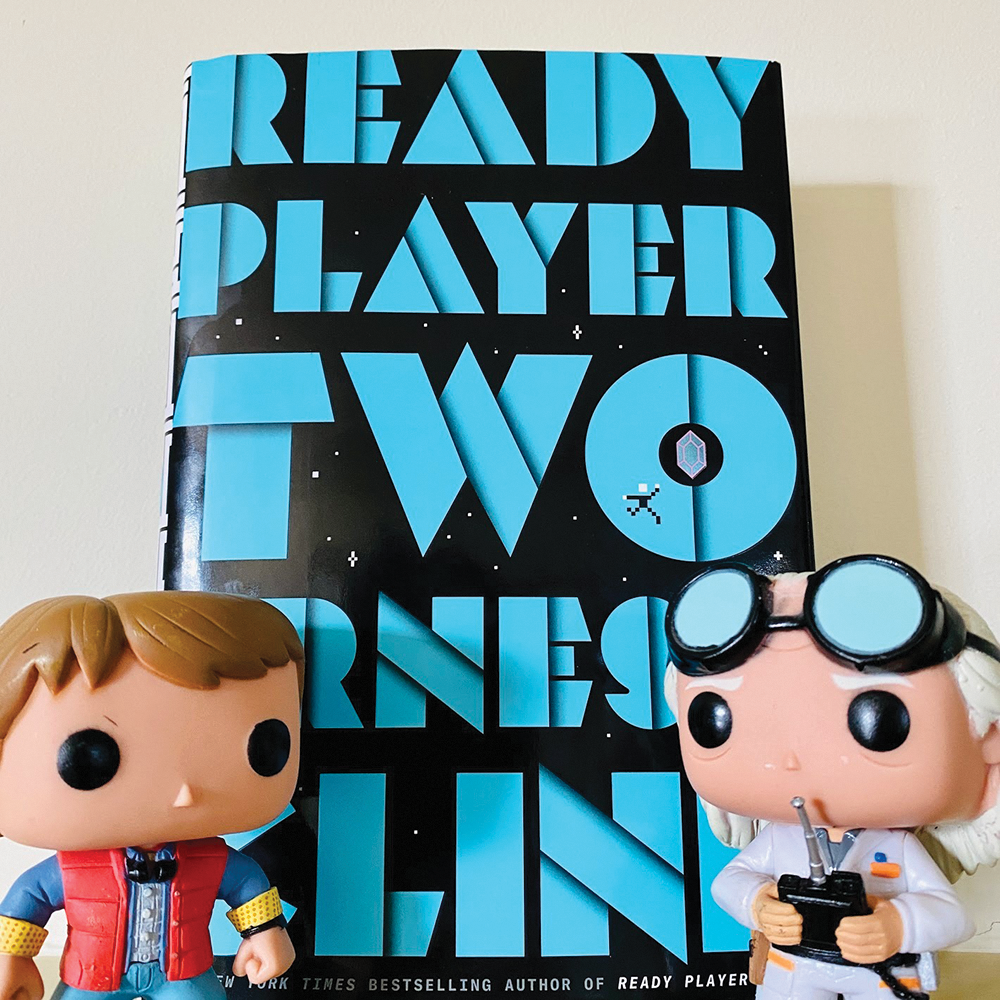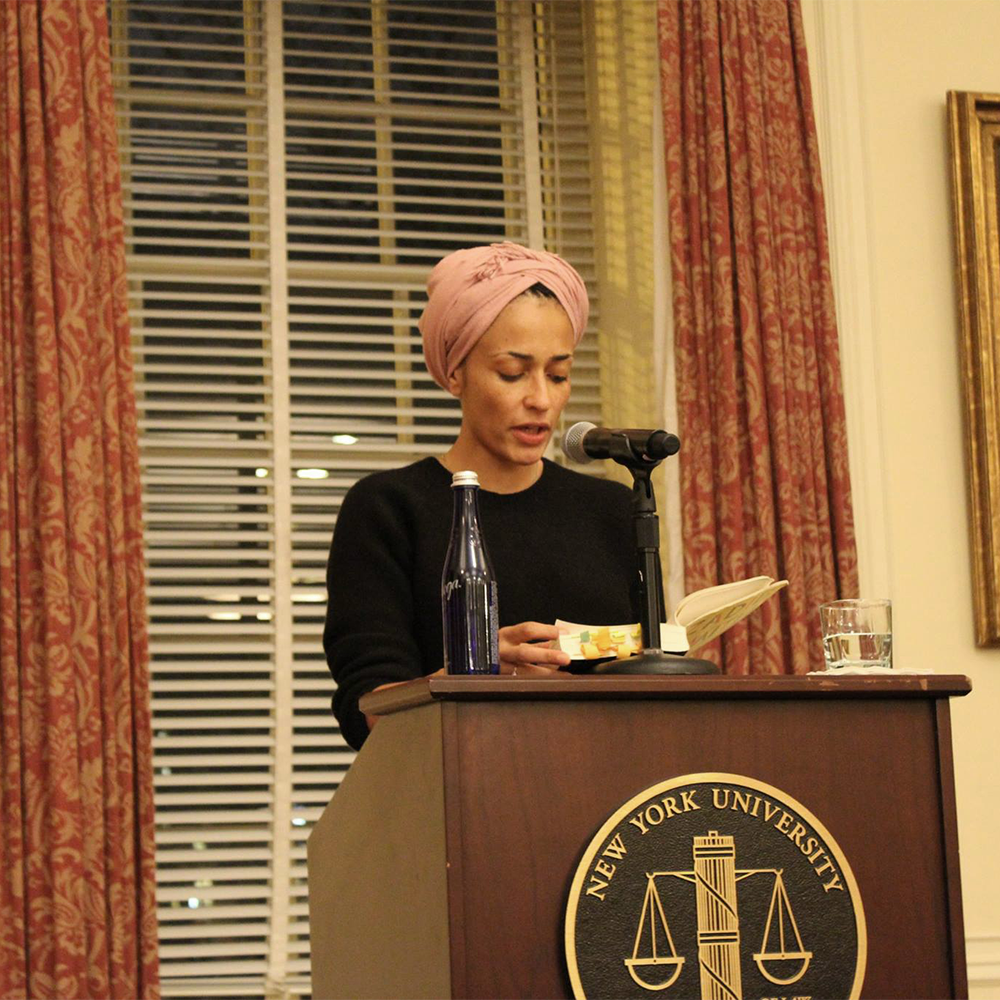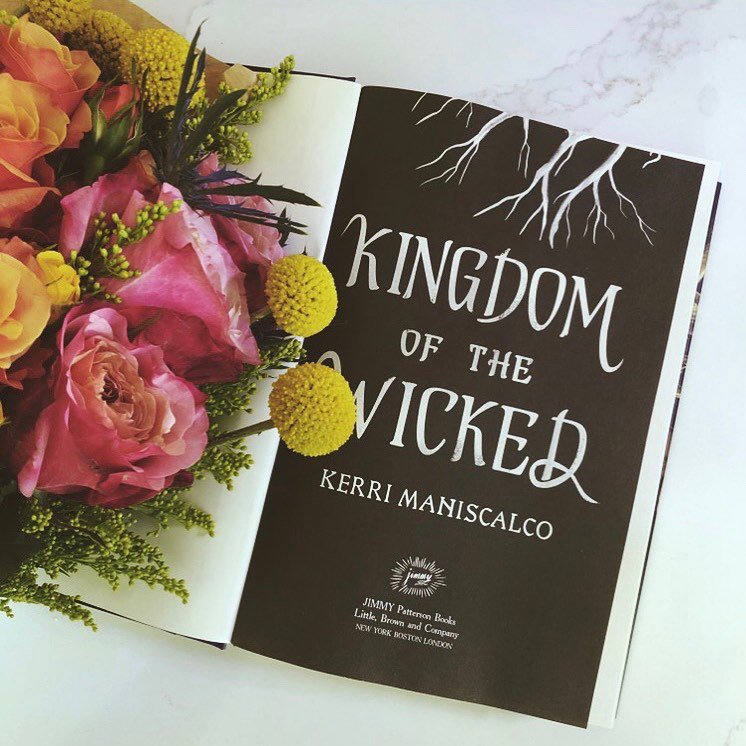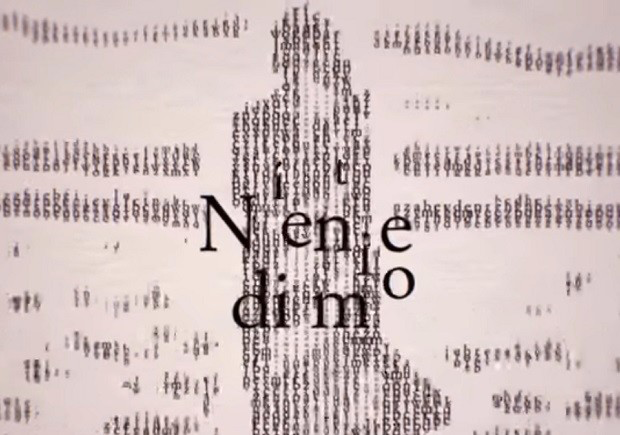“I’m proud to announce I’m writing a book” is an announcement Georgetown University students might have seen across on their LinkedIn and Facebook feeds numerous times since March, presumably as many undergraduates have taken on authorship as a quarantine project.
These sudden announcements, though seemingly part of a pyramid scheme of growing authors, are actually the result of a concerted effort on the part of a Georgetown professor to help empower students to help create credibility for themselves. After graduating, instead of solely relying on the name of an educational institution, students have the opportunity to show off their own creation. In these students’ cases, that creation is published books.
Eric Koester, an adjunct lecturer in the McDonough School of Business and an entrepreneur, is aware jumping into such a long-term project is no easy task. Through his strategy course titled “Content Entrepreneurship: Book Creation,” Koester has streamlined the writing and publishing process, making it accessible to college students and fostering a growing community of student-authors.
The class has since evolved into a multi-university effort to empower students to write and publish their own books in a year’s time. Through the publishing company New Degree Press, Koester works with students throughout the process of reaching out to and interviewing sources, drafting a manuscript and even funding the cost of publishing.
Since the class’s creation in 2018, the number of undergraduate published authors on campus has grown into the hundreds, forming a community of talented researchers and passionate writers. Ranging from topics such as video games to the music industry, college students from across the country have been able to translate their ideas and unique perspectives into real, tangible products.

Starting with a Brainstorm
The first step in book creation begins with finding the stories one is passionate about, according to Brian Bies (MSB ’18), head of publishing at New Degree Press, which publishes the students’ work.
“As an author, the most useful advice I’ve ever received is, ‘focus on stories first, and then figure out how to organize them later in scenes and chapters,’” Bies wrote in an email with The Hoya.
Finding the story one wants to tell and turning interests into real inspiration is a challenge, but it is one Zev Burton (SFS ’22), who is currently enrolled in the course, has taken in stride by combining two of his seemingly disparate interests.
Burton’s book, titled “Two Fish in a Tank: How Jokes May Save Our Fractured World,” will explore the positive impact comedy has had on those who have used it in times of international crises.
“I’ve always had this gripe with international affairs, and especially international security, that it’s so serious,” Burton said in an interview with The Hoya. “While I have definitely been privy to that education and understand that viewpoint, there’s so much more to security than just diplomats sitting down in a room hammering out a contract.”
His experience with getting inspired to write a book has involved an amalgamation of influences, from his Georgetown classes to his own personal interests.
“To an extent, Georgetown created the environment that allowed me to have this intellectual curiosity. But I also think to some extent that the reason why I’ve been able to write so much about it is because I think it’s hilarious and I think it’s important,” Burton said.
Burton also credited his favorite author with some of his inspiration. Books like “Moneyball: The Art of Winning an Unfair Game” taught Burton how to apply casual language to complex topics, a technique he has tried to emulate.
“I have really loved Michael Lewis’ writing,” Burton said. “If you take a look at the writer who has influenced me most as a writer, it’s definitely him. Like, he will just drop the F-bomb even if it’s not a quote, and I love that.”
A common thread among students who have opted to take Koester’s class this year is that their motivation arises from a combination of deep personal connection to the subject matter and an opportune academic environment at Georgetown.
After economic tariffs in 2017 and 2018 had a negative impact on his family’s cabinet company in Dallas, Colton Scrudder’s (MSB ’22) interest in trade policy grew, and he is now writing a book for the course about the impact of tariffs on small businesses. Scrudder emphasized the importance of combining personal experience with academic analysis during the writing process.
“There has to be a human element and something that people can connect to. Since my goal of the book is to take tariffs — which are seen as this economic cure-all — to take that and make it something that has a human impact,” Scrudder said in an interview with The Hoya.
Scrudder has found further inspiration in his favorite book, “The Inside of a Dog: What Dogs See, Smell, and Know” by Alexandra Horowitz, about the cognitive processes of dogs.
“You have to get out of your own perspective and your own head to understand it,” Scrudder said.
Scrudder, however, also draws ideas from his classes and professors at Georgetown and feels the academic environment gives him an advantage as an author.
“Students are situated in a unique perspective where we have an academic perspective. Georgetown’s super strong on that. In my book, a lot of my citations are from lectures,” Scrudder said. “I had to learn how to cite lectures because professors are just hitting home these great points.”

A College Student’s Eye View
The course has allowed Burton to see that college students can have an influence not just in social justice and technology startups but also through academia, according to him.
“The most useful thing I’ve learned is, ‘Why not me?’” Burton said. “The idea that college students need to wait their time because they just don’t know really struck a chord with me, especially with college students going out across the country going out and protesting.”
Burton also thinks student-authors are poised in a one-of-a-kind position in the academic world and that the student voice lends necessary vigor to any field of study.
“I think that the importance of students is that we have not been brought in and subsumed by the fields we are trying to go into, that we can still offer that new, fresh, quite frankly kind of weird perspective,” Burton said.
Not everyone has seen the student-author perspective as quite so valuable, however, according to Burton.
“There have been many professors and many professionals who have been very receptive to the idea of a student writing a book,” Burton said. “But a lot of people have not been. There has been a lot of pushback because of my age and because of my lack of [career] credentials.”
Brian Ely (COL ’22) is writing a book titled “The Passionate Professional: Finding Fulfillment Through Work-Life Balance,” which explores how successful people find ways to maintain their outside-of-work passions and hobbies in their everyday lives. (Full disclosure: Ely is a staff writer at The Hoya.) Ely is firm in his belief that student opinions deserve to be recognized.
“As college students, we have a perspective that is raw, dynamic, and most importantly, fresh. Unfortunately, our perspective often gets drowned out or overshadowed. That’s why I believe student authorship is such an important vessel to make our voices heard,” Ely wrote in an interview with The Hoya.
The Long Haul
Writing a book is a long-term project rife with challenges, especially when narrowing down ideas for what the book should be about, according to Ely.
“I think of the process of going from an idea in my head to words on the page as climbing a hill; the hardest part is climbing, or really forming and refining a good idea,” Ely wrote. “After I translate that idea into a few rough sentences or even bullet points, writing from there becomes the easy, downhill part of the process.”
Ely managed to overcome his roadblocks by reframing his book as an escape from the demands of writing for his homework as a government major and history and journalism minor.
“As a humanities major I’m writing so much. But I’ve come to find that writing recreationally can be just that: recreation. So I suppose I balance my writing by not viewing it as ‘work’ or a chore,” Ely wrote.
If Ely sees the challenges of the writing process as a hill, Scrudder sees them more as a roller coaster. Scrudder feels the most difficult moments come and go as his enthusiasm about the topic itself waxes and wanes.
“For every night that you’re up till 2 a.m. and have to be up at 7 a.m. for work, grinding out chapters,” Scrudder said, “there’s going to be a night where you just can’t sleep because you’re so excited about an interview you just had or an interview you just landed.”
At every step in the process, though, the finish line seems far off, according to Scrudder.
“You go into writing chapters, which I think was the hardest stage, because it’s like 2,500 words and it has to read like a book and not an essay,” Scrudder said. “As soon as you think you have one step of the book figured out, it’s time to start the next.”
In terms of the effect remote learning has had on their creative processes, the students expressed both gratitude and melancholy. Burton was grateful for the change of pace and saw it as an opportunity.
“When you take a look at the college students who came off the 2008 recession thriving, they were the ones who did something with the time they had,” Burton said. “The isolation gave me the necessary time to do this.”
In contrast, Ely feels as though life outside quarantine could have helped him develop his ideas further, even if the isolation did give him more time to work.
“I’d have to say it’s helped, mostly because there are a lot less distractions,” Ely wrote. “At the same time I believe that I’ve lost out on some potentially great stories simply because we’re not at school or interacting with others the way we were before.”
In spite of the grueling process, these student-authors have already checked an item off their bucket lists most adults never will. At the very least, they have been able to explore subjects they are passionate about in a creative and productive way.
“The process has been substantially easier for me than writing a paper for class,” Burton said.
Creating a manuscript, publishing and then finding an audience is hard work and should not be attempted solely in pursuit of money, according to Bies.
“Don’t publish a book for the money,” Bies wrote. “The most successful books New Degree Press has published and are currently working on all have that in common.”
Bies points to former student Jerome Smalls (MSB ’19), who wrote “Small Talk: One Youth. Seven Stories. Countless Lessons.”, an inspirational book about seven conversations with young people coming of age.
“He turned his book into two book tours, a TEDx Talk, and a platform to uplift young people (middle school and high school students) and has made a difference on hundreds of students’ lives. Jerome is a standout Georgetown alum and author we worked with,” Bies wrote. “There are hundreds of other authors like him. Jaclyn DiGregorio, Maryn Cannon, Antonia Liu, Derron Payne, Hunter Tiedemann, Faye Al Saadoon. Countless Georgetown alums I can point to.”
“[They] have created real impact with their books and put good into the world.”





















CBD MIRA HEMP • Feb 9, 2021 at 10:50 am
wholesale CBD flower less than 0.2% in THC. Buy CBD buds, cbd buds for sale, premium hemp flower all less than 0.2% in THC, hand trimmed and seedless.
Wholesale cbd flower .Buy premium CBD flower, CBD bud that’s lab tested from the hemp plant available in different flavours strains at the best price with free discreet shipping if you are looking for CBD hemp buds for sale
Business Phone Number : +31685397747
Business E-mail : [email protected]
Business Website : https://cbdmirahemp.com/
https://cbdmirahemp.com/wholesales-cbd-hemp-flowers/
wholesale cbd flower europe cbd buds europe cbd flower wholesale cbd flower uk